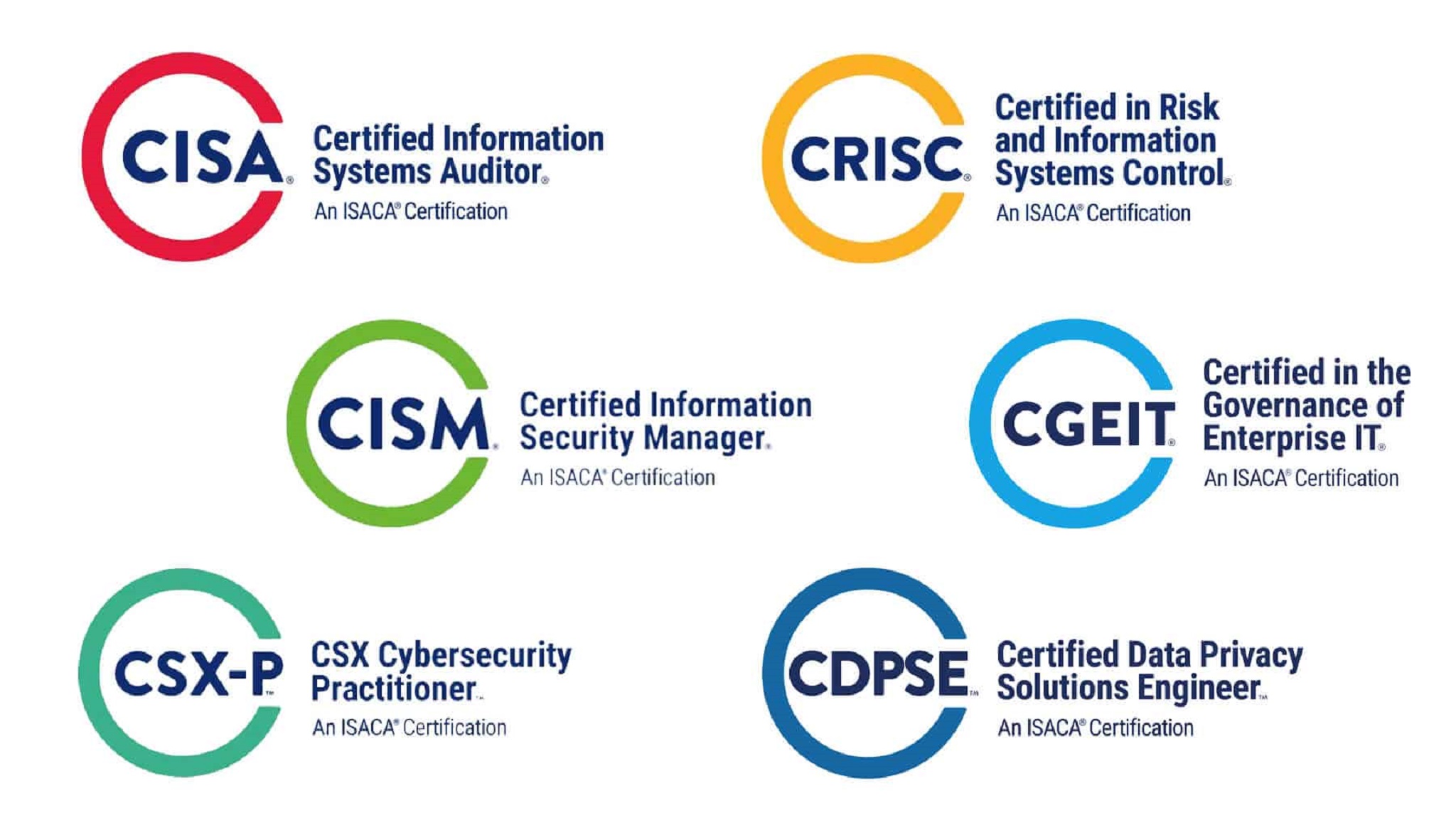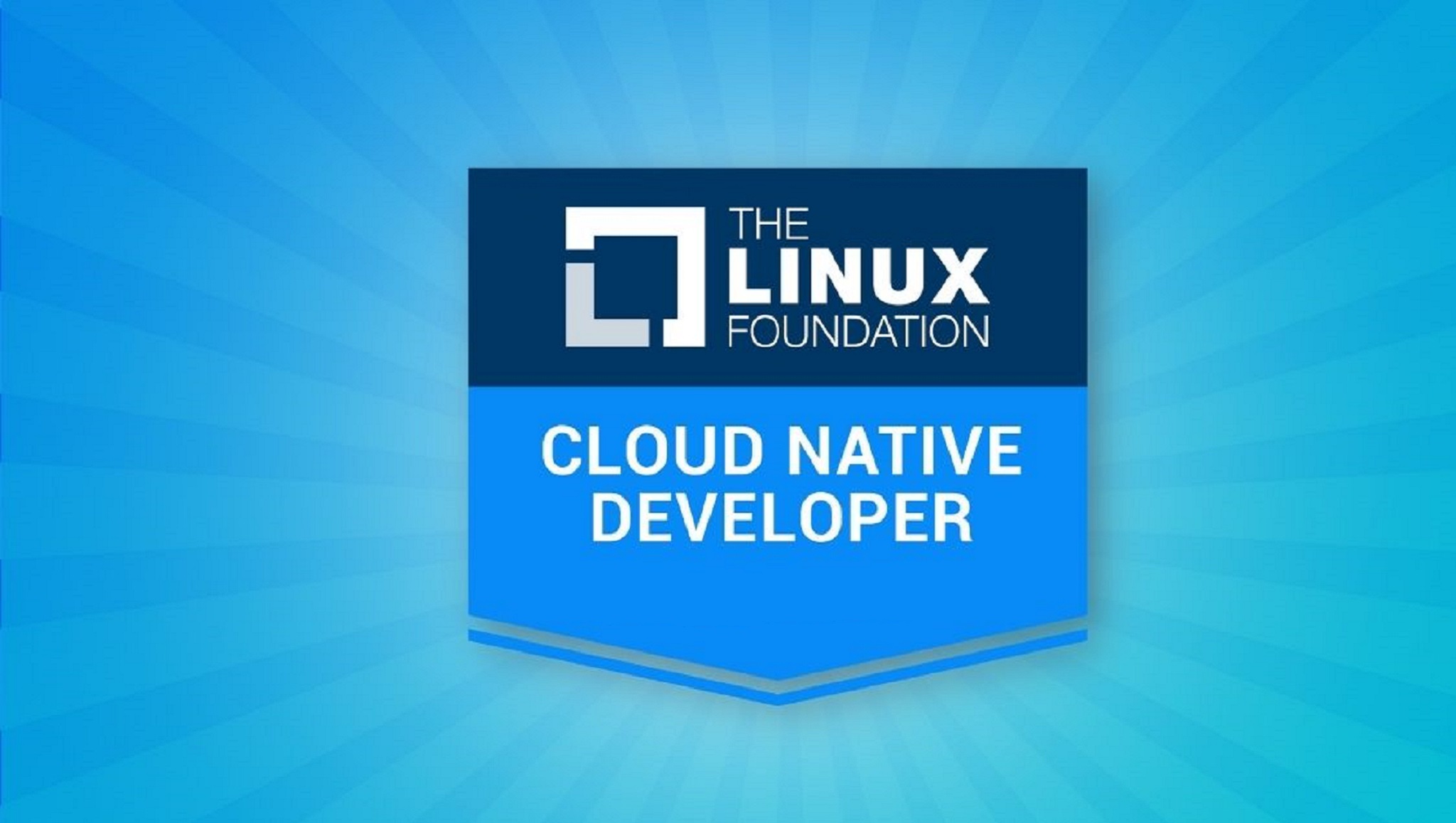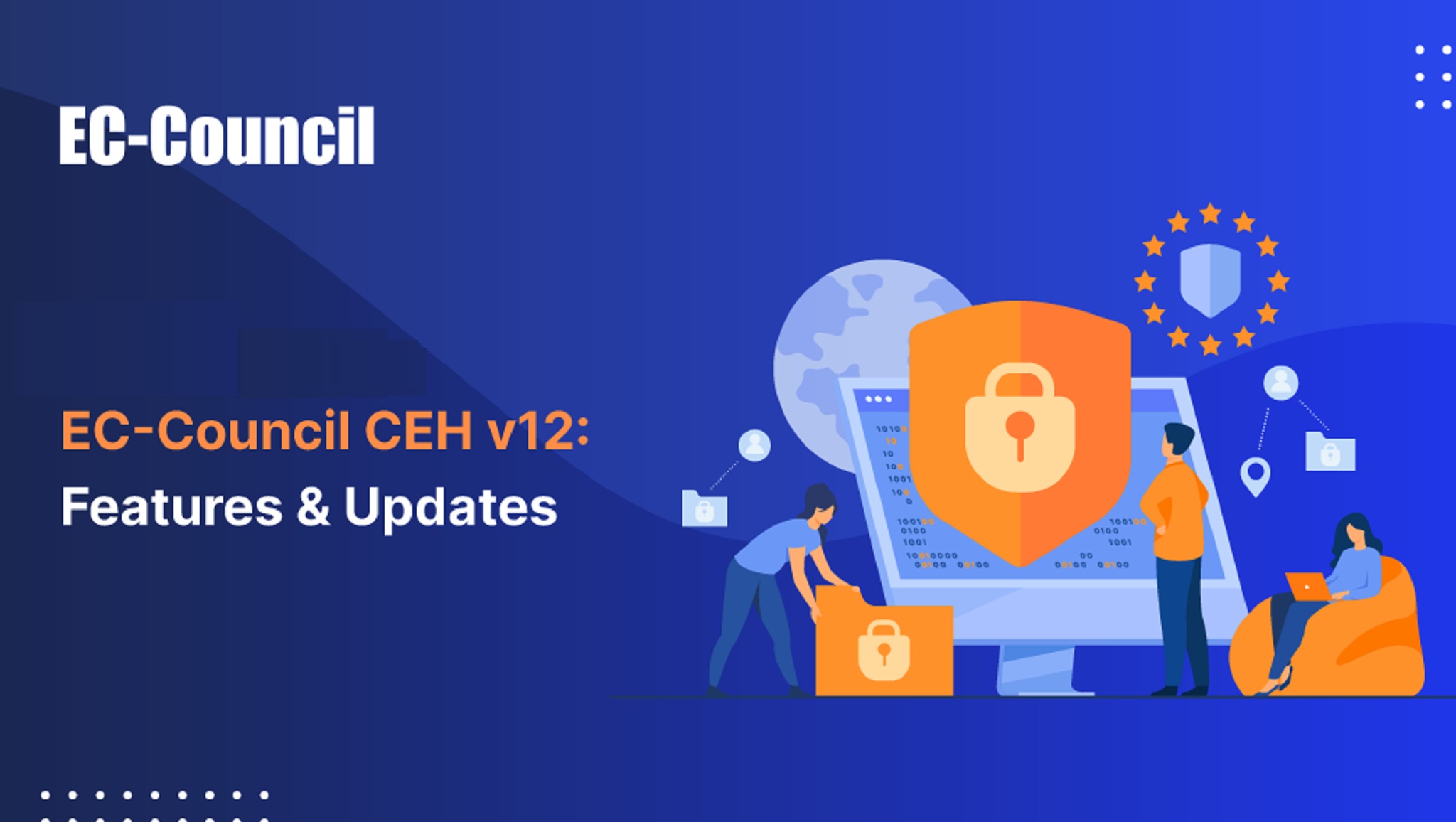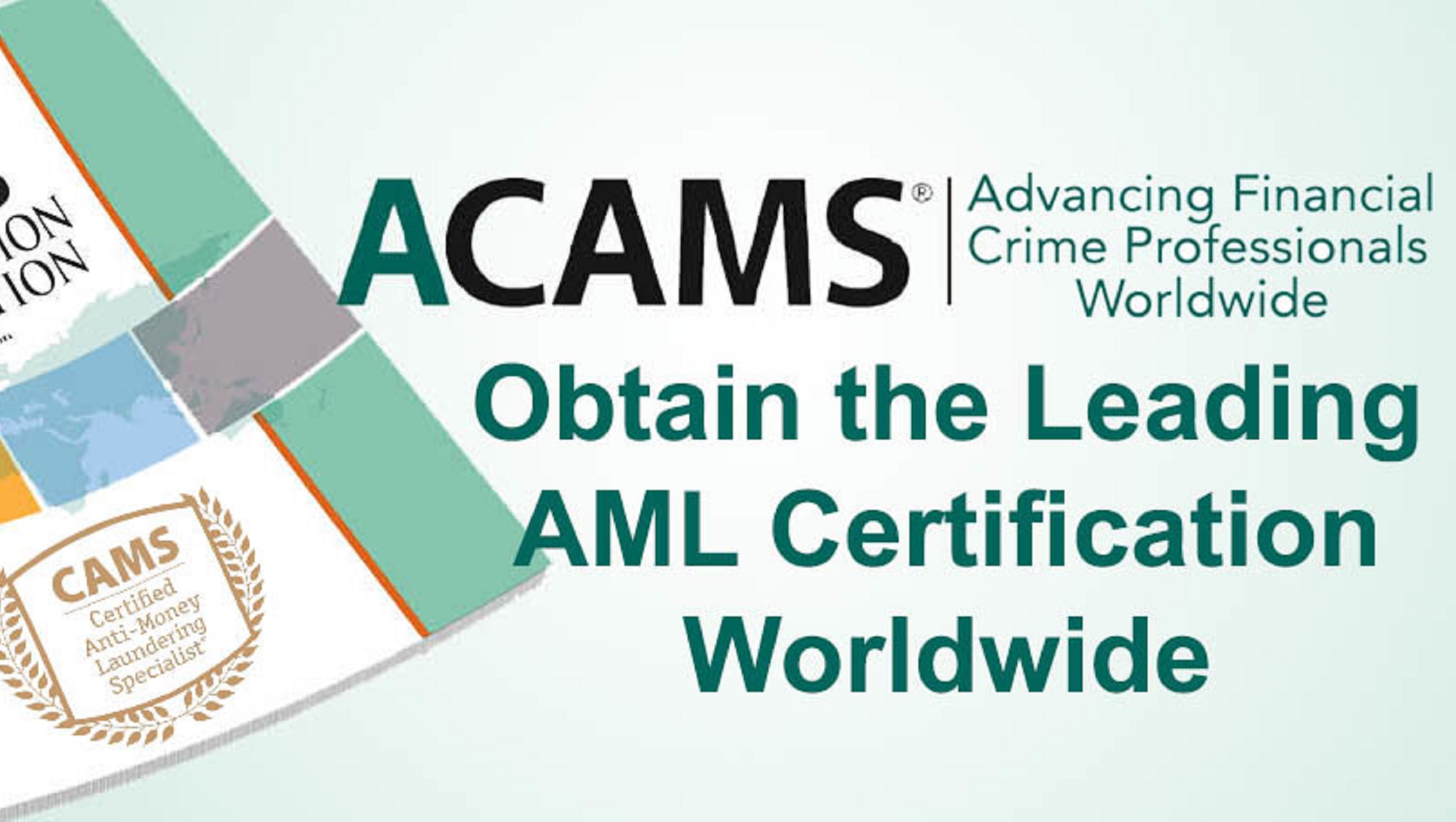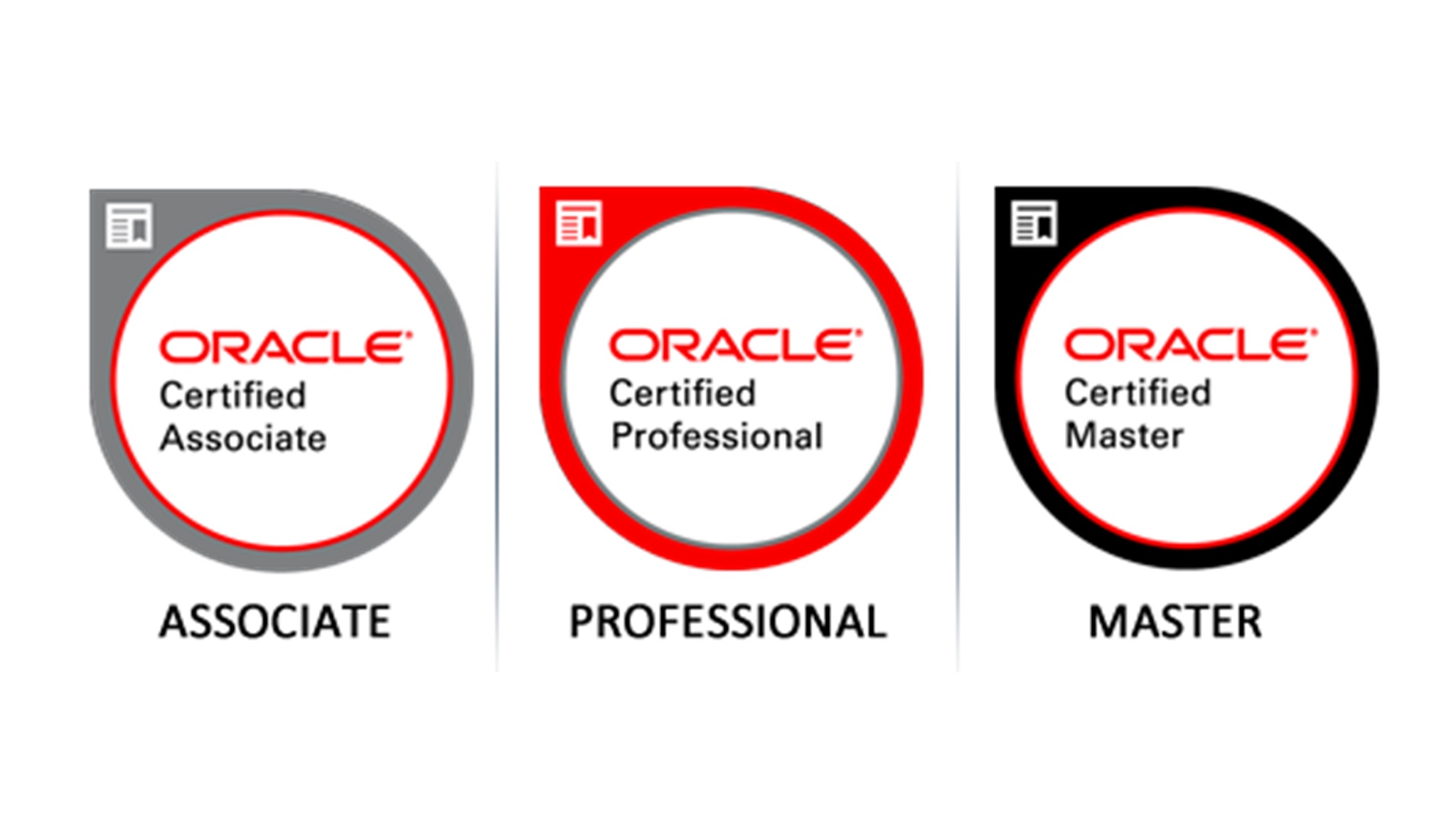1) What is the importance of cybersecurity certifications?
Cybersecurity certifications are necessary as they validate the skills and knowledge of professionals in the field. They serve as a benchmark for competence, enhance career opportunities, and demonstrate a commitment to excellence in cybersecurity.
2) Which cybersecurity certification is the best?
The “best” certification depends on individual career goals, interests, and the specific focus area within cybersecurity. Commonly recognized certifications include CISSP, CEH, CompTIA Security+, and certifications from vendors like Cisco and ISACA.
3) How do I choose the proper cybersecurity certification for me?
Consider your career goals, specialization interests (e.g., penetration testing, risk management), and the industry’s demand for specific certifications. Research job requirements and speak with professionals in your desired field for guidance.
4) What are the eligibility criteria for cybersecurity certifications?
The eligibility criteria vary for each certification. They may include a combination of work experience, education, and sometimes specific prerequisite certifications. Check the official websites of certifying bodies for the most accurate and up-to-date eligibility information.
5) How do I prepare for a cybersecurity certification exam?
Preparation involves a combination of self-study, hands-on experience, and possibly formal training. Use study guides, practice exams, labs, and resources the certifying body provides. Join online communities for discussions and insights.
6) Are cybersecurity certifications necessary for a career in cybersecurity?
While not mandatory, certifications significantly enhance a cybersecurity professional’s credibility and employability. They provide a structured way to demonstrate expertise, especially for roles requiring specific skill sets.
7) How do cybersecurity certifications stay relevant with evolving technologies?
Certifying bodies update exam content to align with industry trends and technologies. Certificates must often participate in continuing education to maintain their certifications, ensuring ongoing relevance.
8) Can I get a job in cybersecurity without certifications?
Yes, it’s possible to start a career in cybersecurity without certifications, especially with relevant experience and skills. However, certificates can open doors, enhance career growth, and increase opportunities for specialized roles.
9) What is the cost of obtaining a cybersecurity certification?
Costs vary based on the certification. Expenses may include exam fees, study materials, training courses, and possible renewal fees. Some organizations offer bundles or discounts, and employers may cover certification expenses for their employees.


